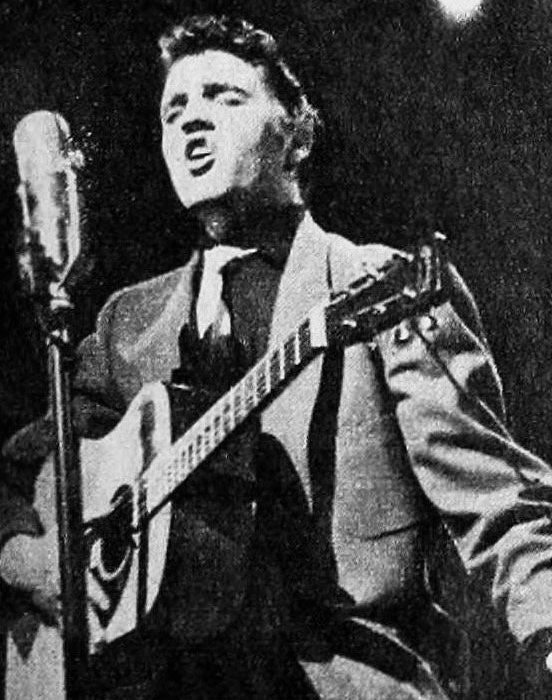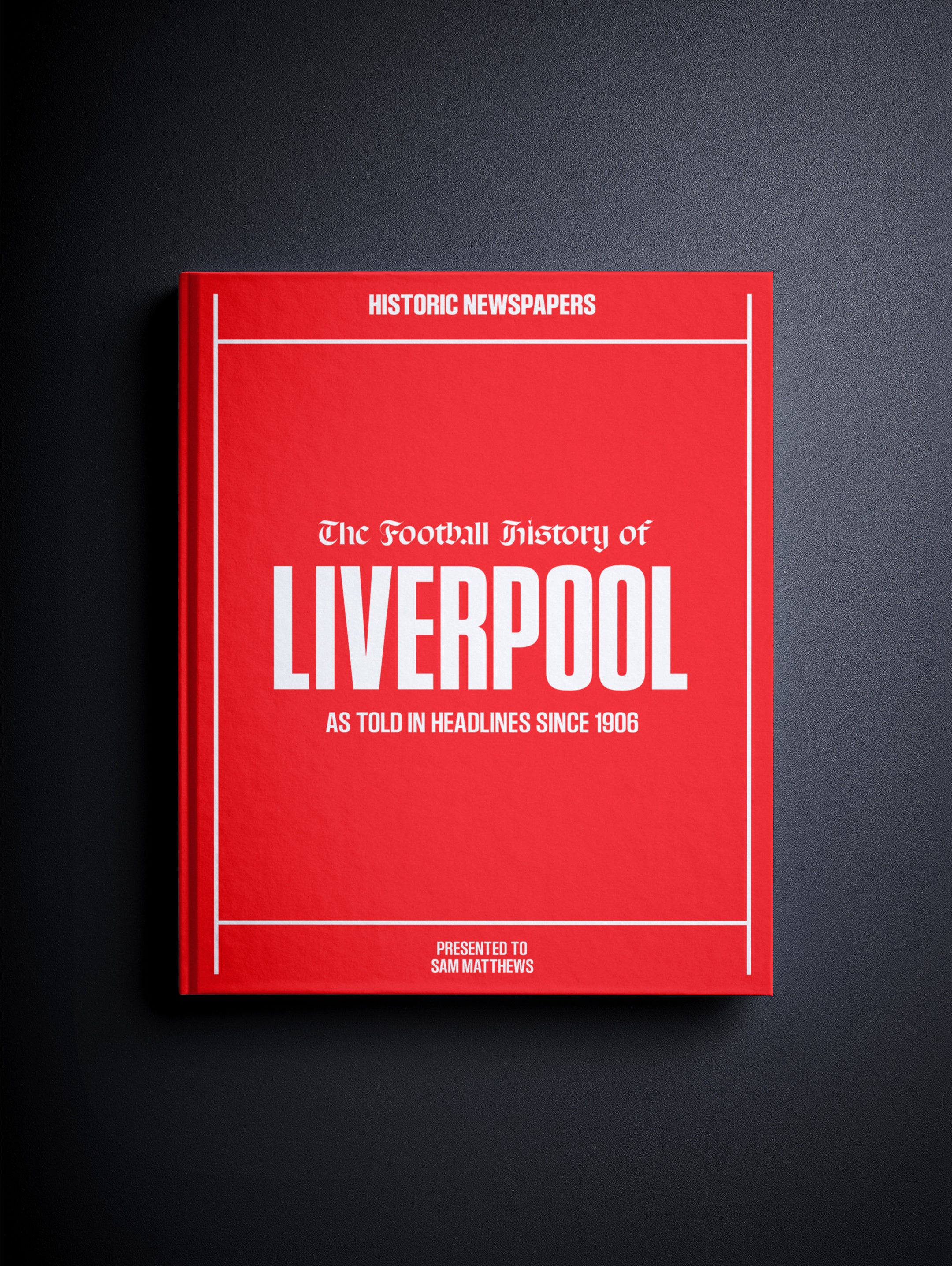On August 16, 1977, the world lost its King — not with a coronation, but with a jolt that shook generations to their core.
Elvis Presley, the boy from Tupelo who rewrote the sound of the 20th century, was found unresponsive at his Graceland estate in Memphis, Tennessee. He was just 42. The cause: a heart attack, complicated by years of personal struggle, isolation, and prescription drug abuse.
Within hours, the news spread across time zones and continents. Fans wept outside the gates. DJs dropped the needle on “Can’t Help Falling in Love.” Headlines called it “The End of an Era.”
But if Elvis was gone, his legend had only just begun.
TIMELINE
August 15, 1977 – The Last Night at Graceland
Elvis spends the evening at home with his fiancée, Ginger Alden.
He reads in bed and tells her, “I’m going to the bathroom to read.” but he doesn't return.
August 16 – Found Unresponsive
Just after 2 p.m., Elvis is found collapsed on the bathroom floor.
Paramedics are called, but efforts to revive him fail.
At 3:30 p.m., he is pronounced dead at Baptist Memorial Hospital, Memphis.
August 16 Evening – A Nation in Shock
Crowds gather at the Graceland gates, many in disbelief.
Fans describe hearing the news via radio or breaking bulletins on television.
Traffic jams form outside the Presley estate. The air is thick with flowers and tears.
August 17 – The Press Responds
Global headlines mourn a cultural titan.
“Elvis Presley Dies at 42” – The New York Times
“The King is Dead” – The Sun (UK)
“Elvis: A Legend Silenced” – Chicago Tribune
Eyewitness reports describe scenes reminiscent of a state funeral.
August 18 – Funeral at Graceland
Over 75,000 people line the streets of Memphis.
A white hearse carries Elvis to Forest Hill Cemetery, followed by a procession of black Cadillacs.
The service includes gospel hymns and a tribute from Reverend C.W. Bradley, who says:
“He was a gift, and now he's gone back to the Giver.”
August 19 Onward – Mourning Becomes Myth
Sales of Elvis records skyrocket.
Vigils spread to London, Tokyo, and Rio.
Conspiracy theories begin almost immediately: some claim Elvis faked his death.
In the minds of many fans, Elvis never really left the building.
THE PRESS
AT THE TIME
The shock of Elvis Presley’s death filled front pages across the world.
The Daily Mirror in the UK announced it with brutal simplicity:
“ELVIS PRESLEY IS DEAD”
The Daily Mail was equally stark, naming him by his crown:
“ELVIS, KING OF ROCK, DIES AT 42”
Across the Atlantic, the New York Daily News laid out the details without flourish:
“ELVIS PRESLEY DIES AT 42 — Singer Suffers Heart Attack”
The Daily Express also carried the news in bold black type:
“ELVIS IS DEAD”
And in Texas, the San Antonio Star gave its own farewell, echoing the sentiment of millions:
“The King Is Dead”
The pages were filled with photographs of candlelit vigils outside Graceland, sobbing fans pressed to the gates, and sidewalks carpeted with flowers. For days afterward, the world’s mourning was written not only in tears, but in headlines.
LEGACY
Elvis Presley died in 1977, but he never disappeared. His voice still echoes. His style still inspires. And his impact from music to movies to fashion still remains stitched into popular culture.
He didn’t just break records. He broke barriers. He didn’t just sell millions. He sparked movements.
The man may be gone. But the myth, the music, is eternal.
The King Remembered
Relive the headlines that told Elvis’s story. From his meteoric rise to his final farewell, The Story of Elvis brings together original Los Angeles Times coverage of the King of Rock ’n’ Roll.



























Follow us